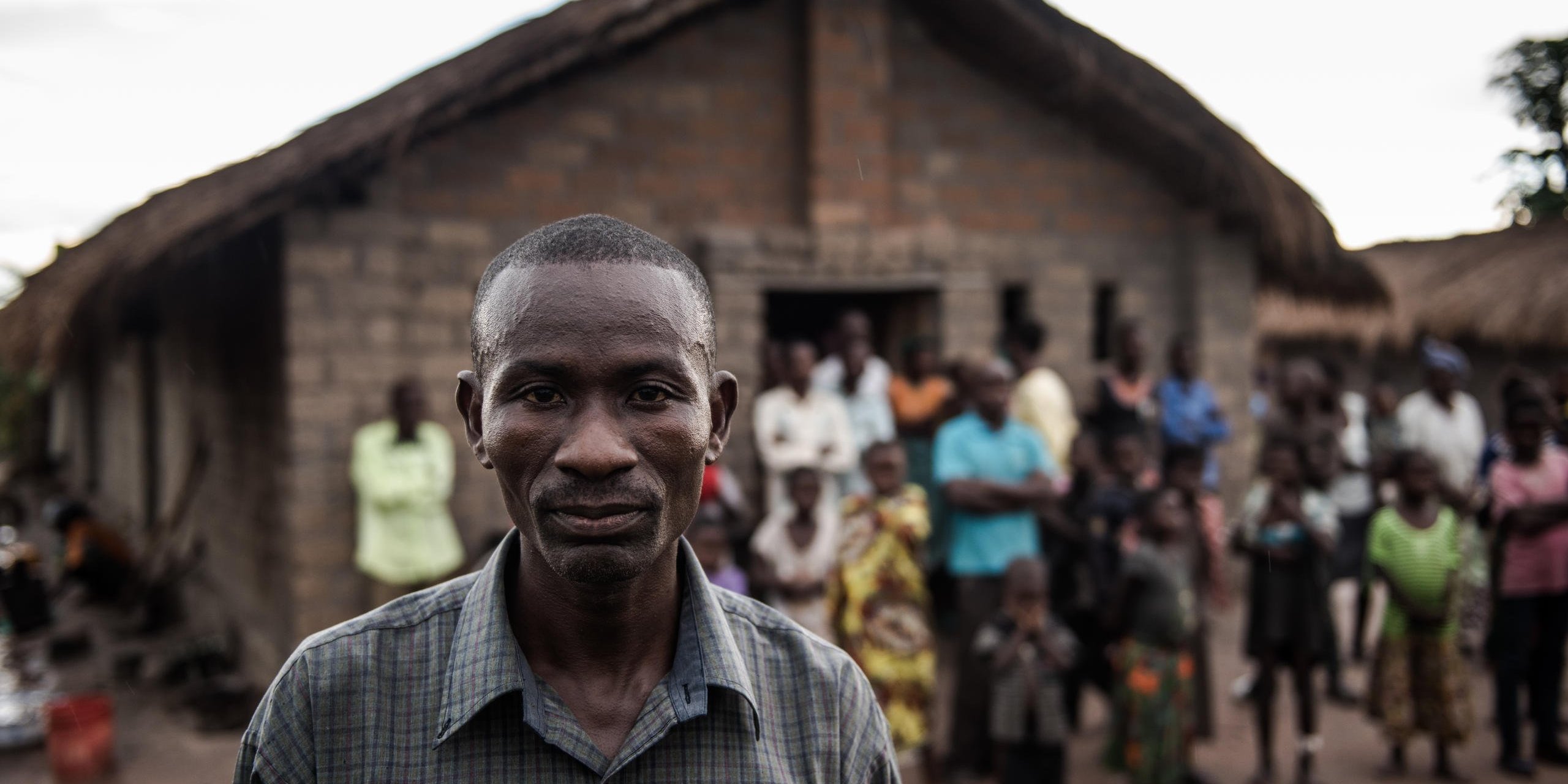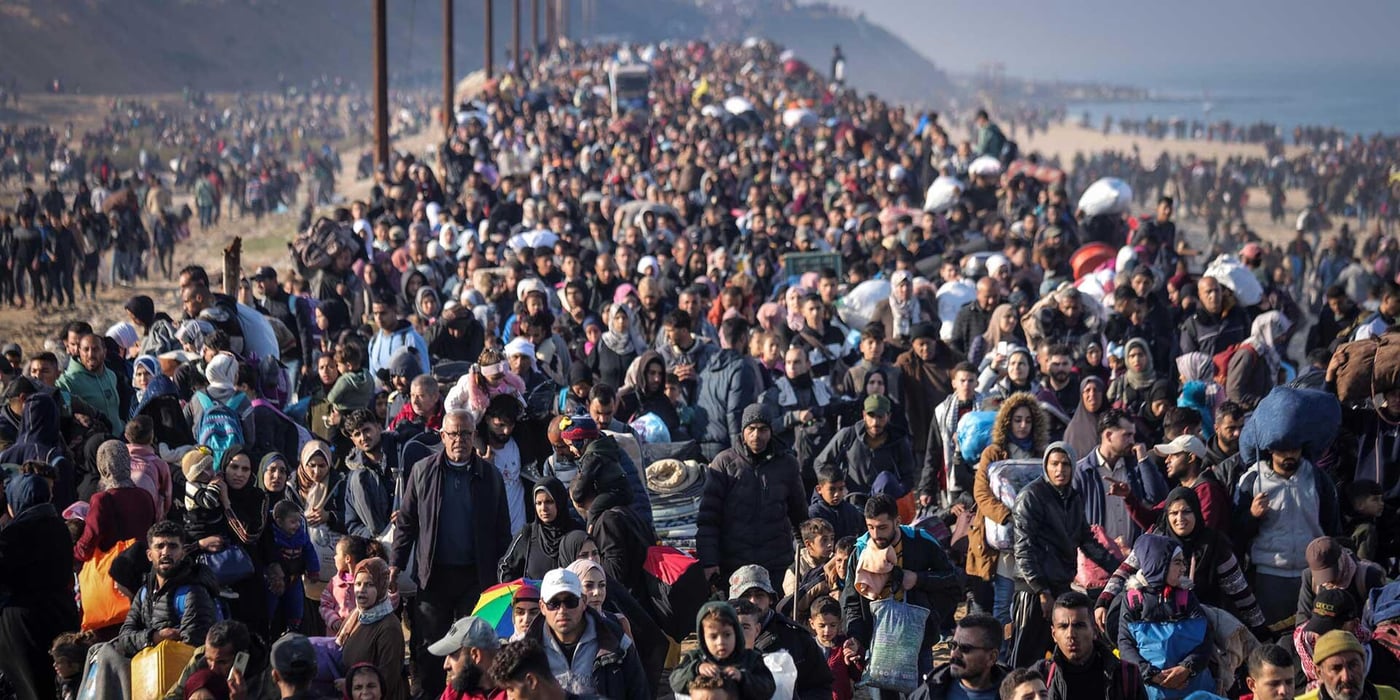
Last month, the UN refugee agency's Dialogue on Protection Challenges looked at the lessons learned from the new refugee response framework adopted by the UN in 2016, known as the Comprehensive Refugee Response Framework (CRRF). The Norwegian Refugee Council (NRC) provided concrete, evidence-based proposals to improve this global response, particularly in terms of refugee protection.
As an operational humanitarian organisation, we gave an overview of what has changed in the year since the New York Declaration was adopted. To examine what changes took place on the ground, we conducted extensive research and interviewed refugees to learn their perspectives on the current response system, its gaps and challenges.
In search of safety and self-sufficiency
When we spoke to refugees and displaced people, we found that most frequently repeated concerns relate to fundamental issues around protection, the ability to access basic rights and services, including the right to work and to go to school.
“We must be accepted by the people as human beings. We know how to live, how to find our money for ourselves, but they don’t let us. We are between the clouds – we can’t go back and we can’t live here," a Congolese man told us in Kenya.
Similarly, our interviews with people forced to flee their homes in Honduras and El Salvador showed that they flee in search of protection, safety and self-sufficiency, including the right to work. Some said that they would be willing to move as far as Asia to find safety, despite the distance, language and cultural barriers.
Responsibility isn’t shared between states
One of the main goals of this new compact must be to improve the responsibility sharing between states. As Egeland noted, responsibility sharing is not there at the moment: “We have ten generous host countries and we have five to ten generous donors, and then there are 180 states doing very little.”
To make things even worse for the displaced people, the little that has been done is negative. “There has been more wall building, more barbed wire, and reduced resettlement opportunities,” Egeland added.
Any responsibility sharing mechanism must preserve refugees’ rights and freedoms at the centre. This must include a shift in current political narratives viewing refugee populations as a burden to active, rights-bearing members of society. Hindering rights prevents displaced people from becoming productive members of society, fueling this false narrative. To this aim, governments must guarantee freedom of movement for all displaced people. It’s essential to ensure people can access services, education and work opportunities. This enables them to contribute to local economies and cultures.
“We need to see a surge in looking at the rights of asylum seekers according to the international law. But so far the surge has been in border and coast guards,” Egeland said of the disappointing trends.
NRC, together with four other organisations drafted key priority areas and ten recommendations related to permanent solutions for refugees that should be incorporated when states develop the Programme of Action, which will set out actions that should be taken by states and other relevant actors to ensure that they implement their existing obligations. This includes looking into how the responsibility for hosting and supporting refugees can be more equitably shared between states.
As Jan Egeland emphasised at one of the panels: “It's not a success if we have more papers and memorandums, we have to see real change for people's lives.”
We need to be better at protecting people forced to flee – by strengthening standards for the quality of asylum, and ensuring that refugees can access public services and pursue livelihoods opportunities.


